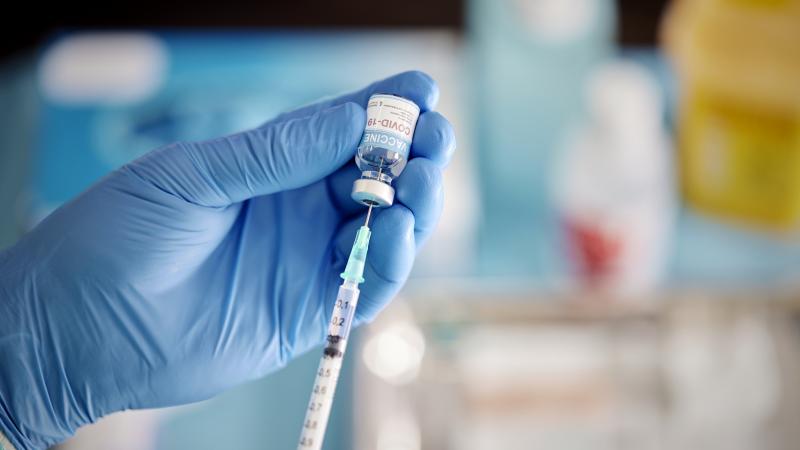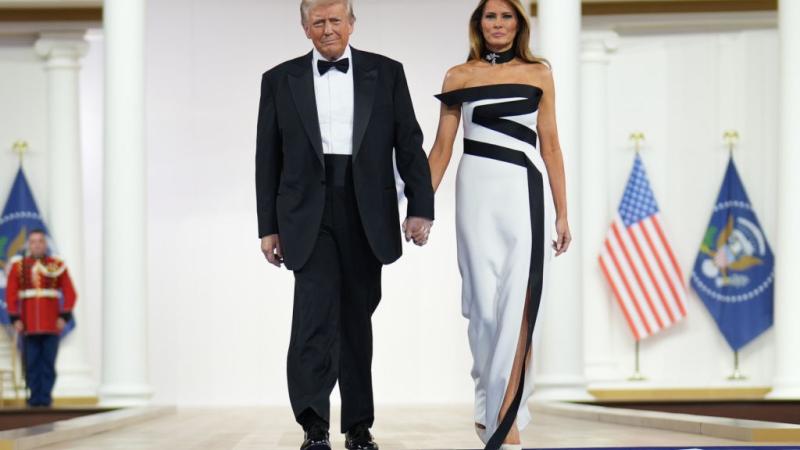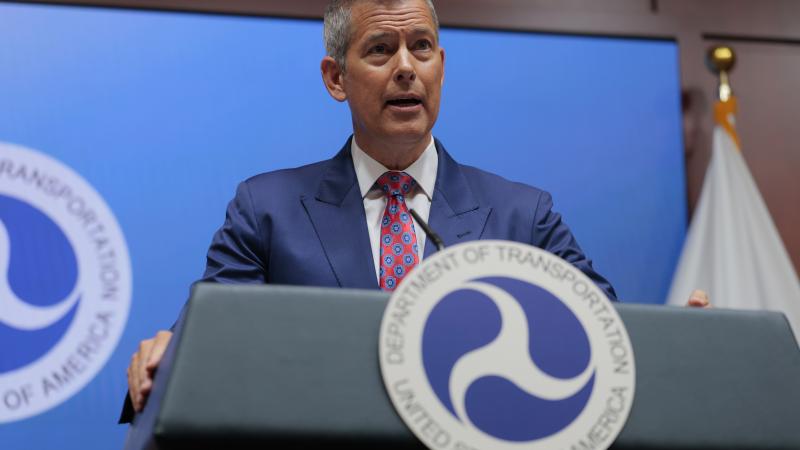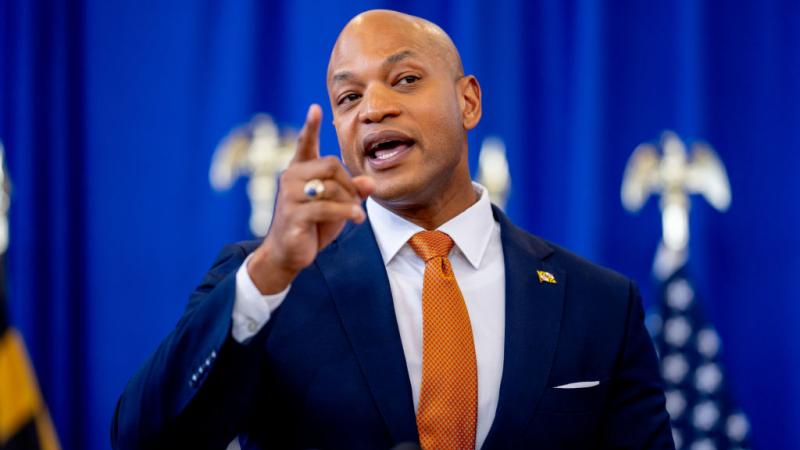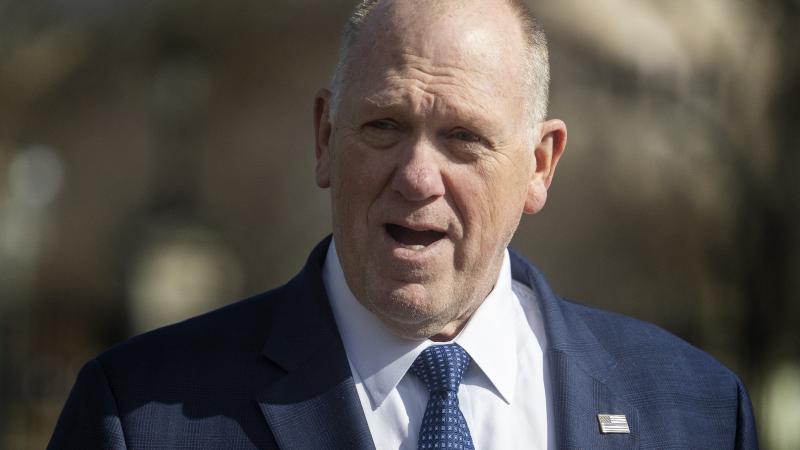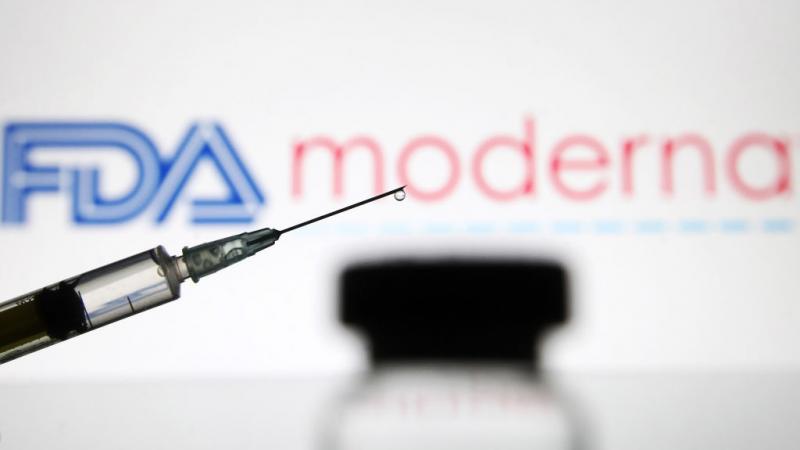Healing America: RFK Jr.’s potential first actions to start rebuilding public health
America’s health has been declining for decades. The road was rocky through confirmation but new Secretary of HHS Robert F. Kennedy Jr. plans changes to reverse the trend.
Since his confirmation by the United States Senate by a vote of 52 to 45, Robert F. Kennedy Jr. will take over the daunting assignment of overhauling America’s Department of Health and Human Services, setting new guidance for vaccines, health protocols, income security programs, funding and implementing health initiatives and more.
In August of 2024, Kennedy announced that he was suspending his campaign and endorsing Donald Trump for president. Among the issues he indicated contributed to his decision were the war in Ukraine, free speech, and “a war on our children.”
The latter item proved to resonate strongly with the MAGA faithful as they collectively welcomed Make America Healthy Again (MAHA) initiatives and figures into the support base with fervor. At a Glendale, Arizona rally in August, Kennedy joined Trump on stage, walking out to pyrotechnics, the Foo Fighter’s song, “My Hero,” and roaring applause with chants of “Bobby! Bobby!” from the crowd.
Public now more skeptical
With previous differences on issue like abortion and environmental causes, the war on children - his health initiatives to end chronic diseases and remove toxic chemicals from items on America’s store and pharmacy shelves - was a home run with the majority of voters.
Perfectly nestled within the MAGA theme to reduce government, fight bureaucracy and establishment medicine, his website cites a mission to "dismantle the corporate stranglehold on our government agencies that has led to widespread chronic disease, environmental degradation, and rampant public distrust."
Seizing on fresh sentiment that the Covid-19 pandemic was mismanaged and used as a means to overregulate and over-mandate, Trump voters were quickly shifting from accepting guidance on the Covid-19 vaccine to skepticism over that vaccine and others, particularly childhood vaccinations.
There are a number of health items the MAG/HA movement is looking to see dealt with soon.
Reduce consumption of processed foods
Dozens of studies including one published by the BMJ Group found that “diets rich in ultra-processed foods with increased risks for premature death, cardiovascular disease, mental health disorders, diabetes, obesity, and sleep problems.” Despite the dire warnings, ultra processed foods account for more than half of the caloric intake of American households and has increased at a faster pace than consumption of ultra-processed foods outside the home. This is not only a food industry issue, it’s cultural. Iconic American brands like Mountain Dew, Doritos, Coffee-Mate, Dunkin’ Donuts, Pringles and Lays often buy up the most coveted timeslots during the Super Bowl.
Food dyes removed
This is an issue that predates both Trump and Kennedy’s tenure. On January 16, 2025, the Food and Drug Administration finally issued a ban on Red Dye No 3, also known as Red 3. It is currently used in nearly 3,000 products in the United States despite its ban in other countries. The European Union banned the substance over three decades ago, as well as the UK, China, Japan, Australia and New Zealand. Food dyes serve no nutritional value. They only serve the aesthetics of a food item like maraschino cherry manufacturers who use it to bring out the bright red hues.
In addition to studies done in the 1990’s linking Red 3 to thyroid cancer in rats, it “disrupts thyroid hormone regulation through several mechanisms. It inhibits the thyroid gland’s ability to absorb iodine, a key component for synthesizing thyroid hormones, and blocks an enzyme essential for converting one thyroid hormone to another, contributing to thyroid dysfunction. Along with other impairments in thyroid hormone function, Red 3 increases the risk of thyroid-related disorders. The ban doesn’t go into effect until January 15, 2027, though Kennedy may work immediately to move up that deadline.
Ban Big Pharma from the airwaves
While pharmaceutical advertisements on television have been permitted by the U.S. Food and Drug Administration since the mid-1980s, many Americans have noticed a barrage in recent years. They’re not crazy. The number of TV pharma ads exploded 65% between 2012 and 2016.
Why? Drug manufacturers found that if they could pique the interest of consumers and patients at home, they would take that interest to the doctor’s office with them and bring it up with their physician. Coupled with the TV campaign was a concerted push by pharmaceutical representatives who love to bomb doctor’s offices and, et voilá. A customer is made.
Reliance on pharmaceuticals
Only two countries allow such ads: the United States and New Zealand. Naturally, the advertisements highlight the benefits of the drug for the entire purchased time slot, with a rapid-reader rattling off the warnings at the very end and at a lower volume than the rest of the ad.
In general, public sentiment is shifting away from reliance on pharmaceuticals, even if public health tells a different story. Sixty percent of American adults have at least one chronic condition and 12% have five or more, according to the Centers for Disease Control. Conditions like heart disease, cancer, diabetes and chronic respiratory diseases are the most prevalent. These chronic diseases count for more than $1 trillion in healthcare costs annually in the United States. In fact, according to the study, “about 90% of the annual $4.1 trillion health care expenditure is attributed to managing and treating chronic diseases and mental health conditions."
Americans are sick. And they are sick of being sick. Founder and CEO of Daily Nouri, a company that focuses on balancing all the systems of the body through probiotic health, said that “the American people are eager for answers. Millions of Americans have been demanding transparency into the alarming decline of human health and the simultaneous growth of food and pharma. Americans have asked for, and will be receptive to, common sense solutions.”
Challenge the established narrative
“Improving health in America is a complex issue without a one-size-fits-all answer. RFK Jr. seeks to adopt a comprehensive approach that encompasses food-related initiatives, exercise, and supplements, in addition to conventional pharmaceuticals and vaccines. Most importantly, he is dedicated to identifying the root causes behind the increasing rates of illness among Americans.”
For radical change to America’s health, there needs to be new leaders who challenge the established narrative on public health guidance. Secretary Kennedy now has a chance to be that leader and enact that change.
The Facts Inside Our Reporter's Notebook
- Department of Health and Human Services
- Kennedy joined Trump
- his website cites
- shifting from accepting guidance
- BMJ Group found that
- issued a ban on Red Dye No 3
- disrupts thyroid hormone regulation
- ability to absorb iodine
- impairments in thyroid hormone function
- public health tells a different story
- pharma ads exploded 65%

